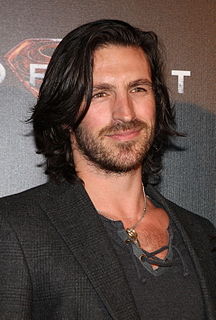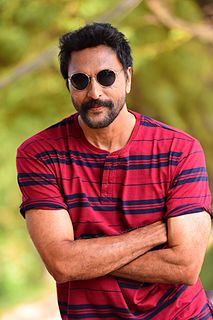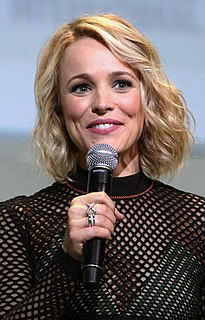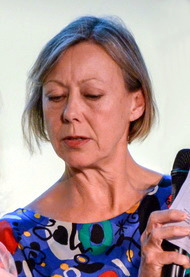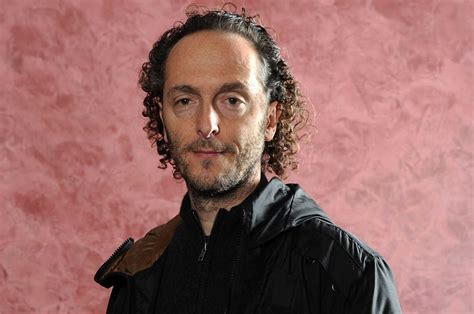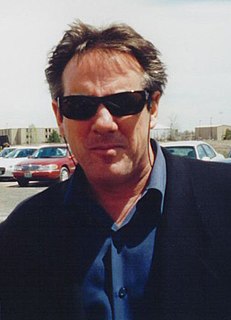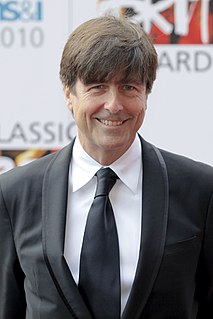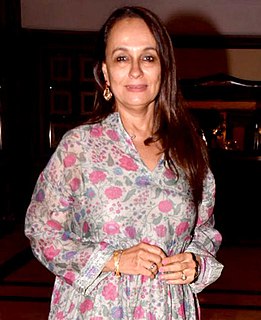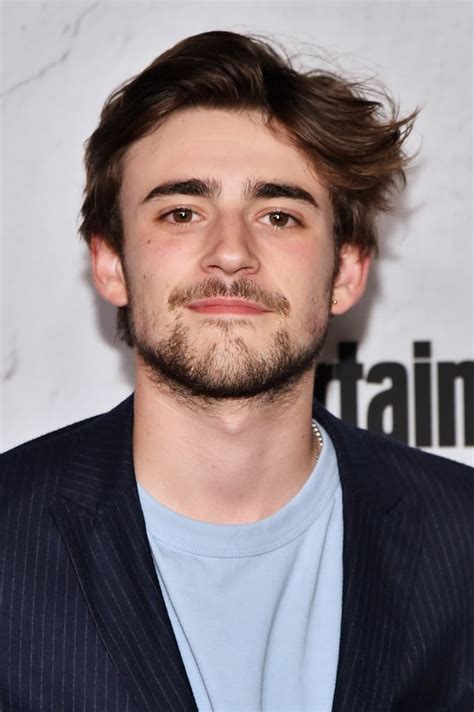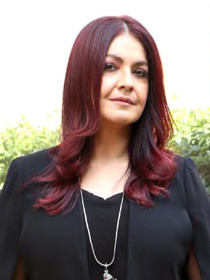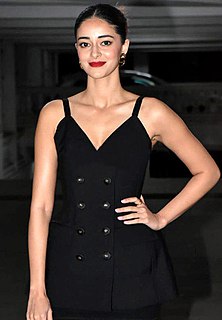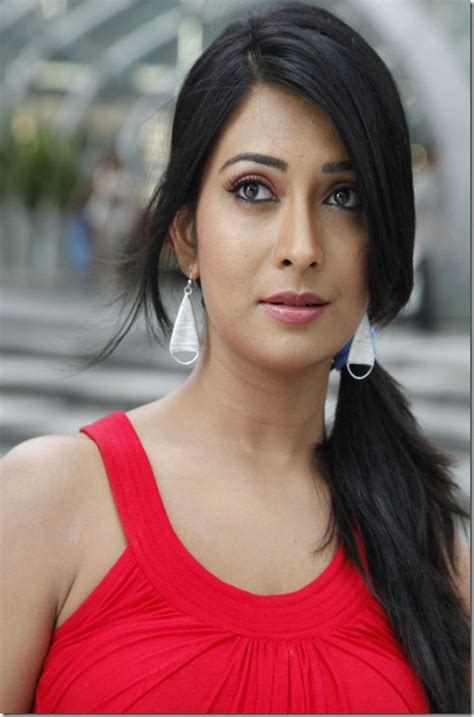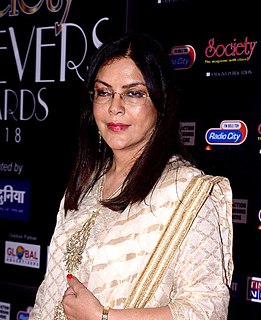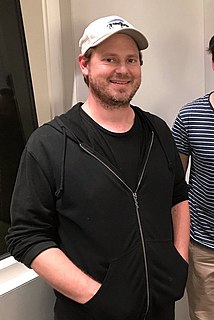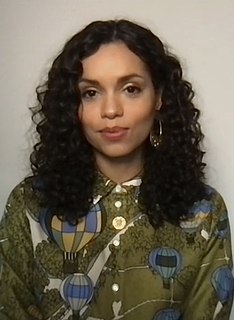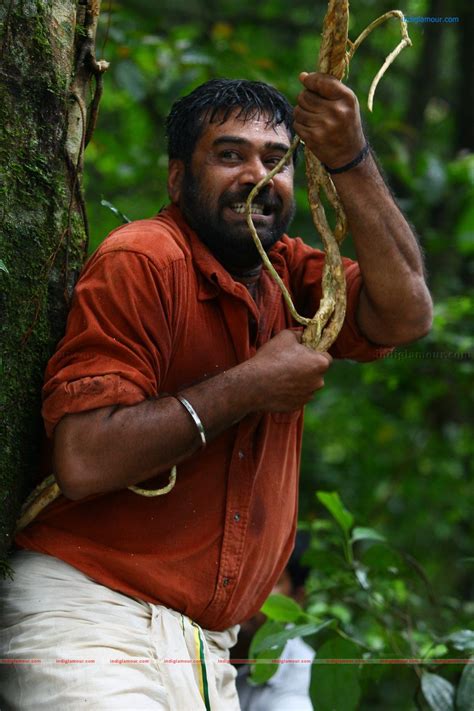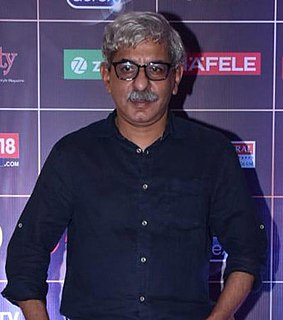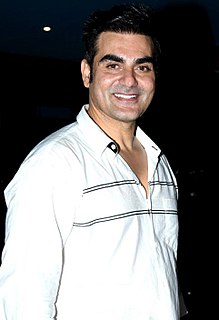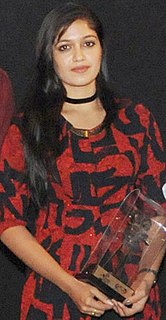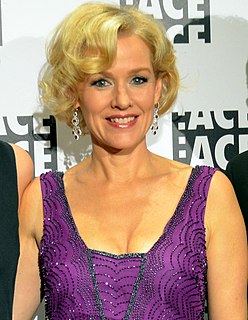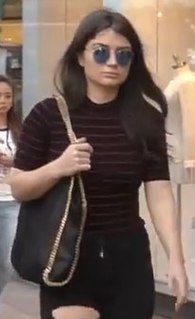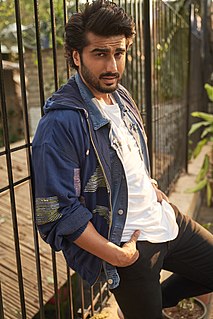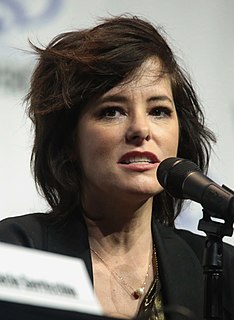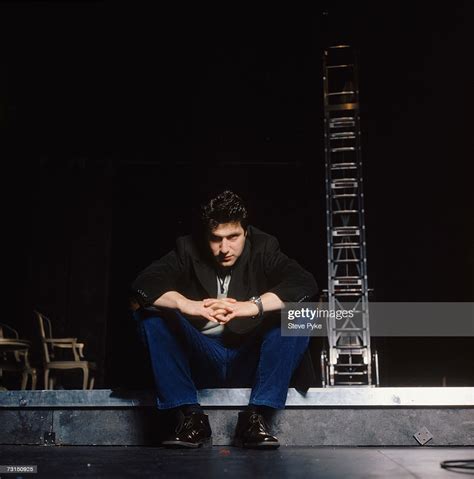Top 1200 Film Criticism Quotes & Sayings - Page 17
Explore popular Film Criticism quotes.
Last updated on December 18, 2024.
Every part of it is important; the film comes alive when you edit it, the film comes alive when you write it, the film comes alive when you act it, and the same with the directing. They're all the most important part at the time and that's why I enjoy doing it, because you're creating a story and every part is a very integral part of it.
I think people are willing to take more of a risk on an indie film, about character, etc...but at the same time, when I work on projects that are substantially bigger, in a way they do feel small. Even though the catering is way better and we actually have someone shooting with real film.... The budgets are bigger but the story still feels small, like an indie film.
Film as dream, film as music. No form of art goes beyond ordinary consciousness as film does, straight to our emotions, deep into the twilight room of the soul. A little twitch in our optic nerve, a shock effect: twenty-four illuminated frames a second, darkness in between, the optic nerve incapable of registering darkness.
Writing a film - more precisely, adapting a book into a film - is basically a relentless series of compromises. The skill, the "art," is to make those compromises both artistically valid and essentially your own. . . . It has been said before but is worth reiterating: writing a novel is like swimming in the sea; writing a film is like swimming in the bath.
When you're doing a film and the majority of the film is cast black, for me, it's most important to get people to view those movies as just movies, as just good movies. At the end of the day, regardless of the color of the cast, we're all doing the same thing in this business: trying to make a good film.
My tutor was a film director on the side, and she introduced me to film. She then put me in one of her short films, and it came out of that. That's when I fell in love with the process of making a film. After that, I was about 15 and I was like, "This is what I've gotta do." So, I started taking acting lessons, and then I applied to college to do acting. I got an agent, and it all just happened.
